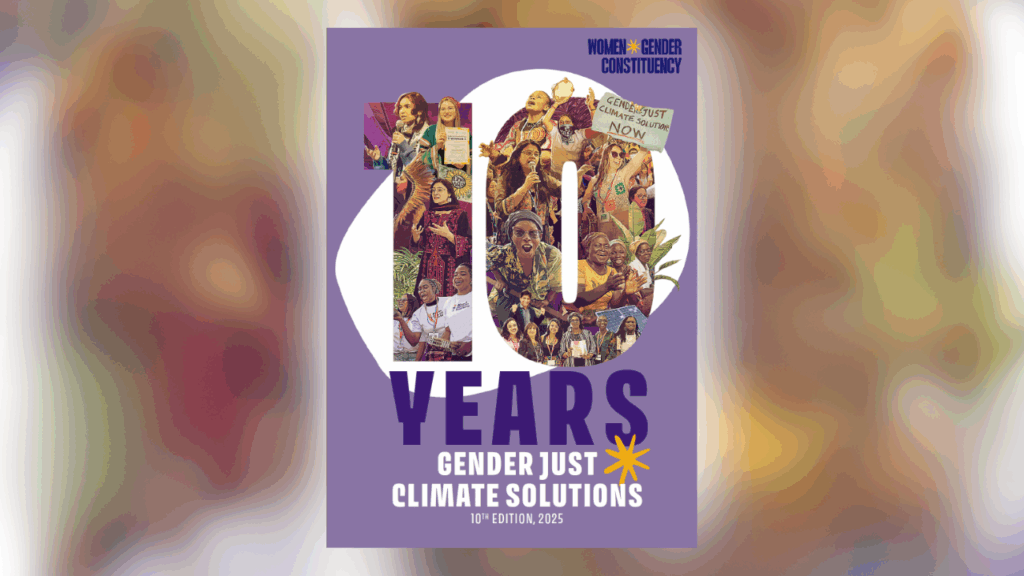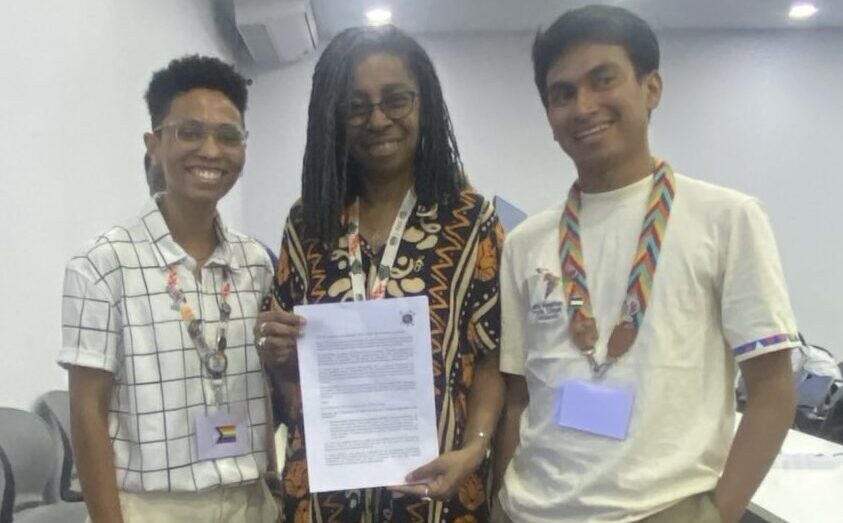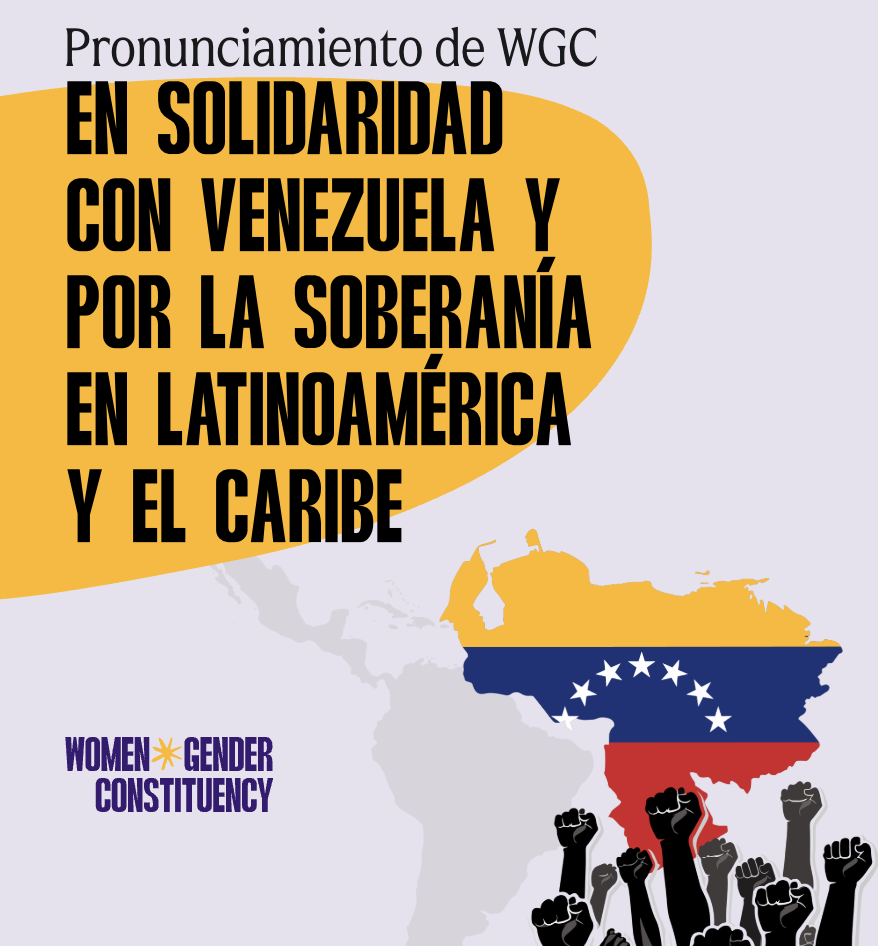
Biodiversity preservation: women‘s role in mangrove restoration
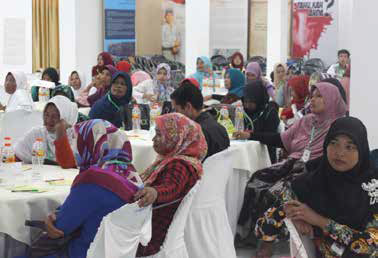
Description of the project:
In Aceh, in a poor coastal village, men go out to sea for days to catch fish, while women add to the family income by collecting oysters around the village. Through training and awareness raising of local women on the importance of restoring mangrove forests, the project manages to secure increased household income and mitigate climate change. With a long-term focus, the practical training looks at seedling techniques, planting and sustaining ecosystems. Through community participation, the project contributes to food security and nutrition, improving the lives of 1270 inhabitants. Situated in a conflict prone area, economic resilience can reduce the possibility of future conflicts.
Climate impact:
Continuous exploitation and external impacts are affecting oyster habitat; thus affecting the income of those dependent on their availability. Mangrove ecosystems have a potential to reduce carbon emissions by sinking it to the ocean floor. Planting mangroves improves air and water quality, enhances biodiversity, and reduces local temperature. With right restoration method and cheap mangrove tree (€0.15-0.20 each), the community can benefit in long-term, environmentally and economically.
Gender impact:
Almost 90% of the rural women in Aceh are oyster farmers. The work is strenuous and affects their health. The project trains the women in sustainable mangrove restoration. To avoid adding to the women’s workload, they are given a daily allowance during the training period. Women in Aceh struggle to be included in community decision-making, however, the project provides the women space to participate in local decision-making on environmental issues, which affect their lives adversely.
Scalability / replicability:
By cooperating and setting targets with the local community, this project could be a reference for replicability for the Aceh government. It can also be replicated in other poor coastal areas where income is dependent on coastal resources. If mangrove ecosystems are restored, the availability of fishes and other aquatic animals will increase in the future. This contributes to food security and nutrition as well as generating income and mitigating climate change.
read the latest from our network
We work across regions and movements in deep solidarity. Together, we’re building collective advocacy to global problems.

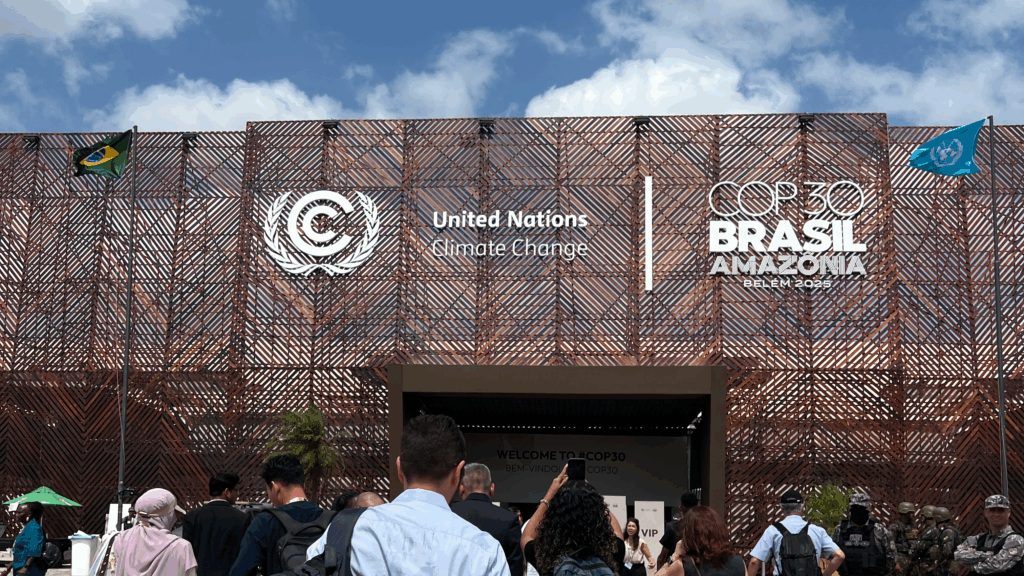



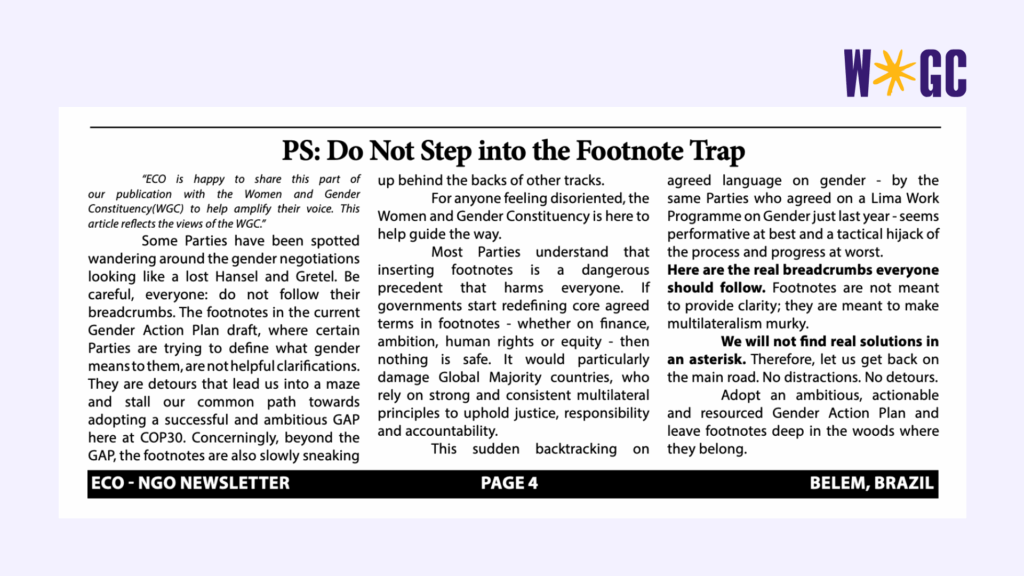
PS: Do Not Step into the Footnote Trap
19/11/2025
